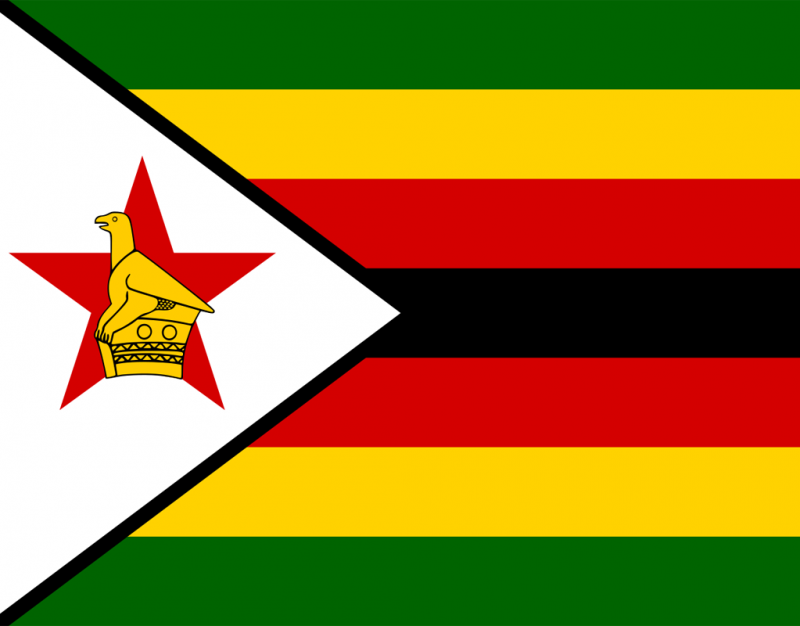Remembering Robert Mugabe (1924-2019)
Nationalists worldwide remain divided because we confuse instance with principle. The principle of nationalism has always been that each ethnic group gets its own nation, since ethnic group and culture and identity are linked.
With this in mind, we can approach the complicated issue of Zimbabwe. Formerly a loose association of tribes, it became part of Rhodesia under European colonization, then became free under Robert Mugabe, and did fairly well until accelerated seizure of white farms, fluctuations in the international economy, and internal struggles plunged it into poverty.
From our comfortable armchairs, it seems easy to criticize Mugabe for his latter mistakes, but these may have been overstated. We know that ultimately Zimbabwe must belong to its own people when they are ready to rule it, and that while kick-starting that process was painful, it brought the country to a sense of pride in itself and readied it to take over its own future.
Unfortunately, its own people were not ready, and Mugabe was unable to rule with a heavy enough hand to send the competent into the fields and suppress the incompetent. Organized agriculture clashes with the history in Africa of subsistence farming subsidized by hunter-gatherer style living, and the transition will take time.
We can look now and see that Europeans established a stable order in Rhodesia, but the problem with colonialism also reveals itself, namely that you create a people who are conquered, even if the conquerors do not see it that way. Europeans most likely viewed themselves as bringing order to places where it had collapsed, and their contributions of modernity as bringing prosperity to people who would not otherwise have it.
As an obituary for Mugabe suggests, his trajectory went downward when he had to enforce his land reform program with violent militias and “tyrannical” law. However, in the end, he recognized a simple truth: Zimbabwe for Zimbabweans, which is an ethnic rather than a citizenship measurement.
Africa finds itself on a different path than the West. We see remnants of once-great empires in Ethiopia and the Zulu, and the possibility that — as happens with all empire collapses — the majority of the people were the serf-castes who served those empires, and that the restoration of this caste system will see Africa under the rule of stable forces.
Everywhere Europeans went, they found remnants of great empires living in chaos and poverty, and implemented order that improved life. However, like the rule of Robert Mugabe, that only works to a point. At some point, the people of the land must again rule that land, and even well-meaning foreigners — whether colonialists, NGOs, or even international aid — need to Go Back Home.
To my mind, Robert Mugabe remains one of the great nationalist leaders of our time. He ultimately faced a struggle of trying to fix too much in too short a time, but he saw the future, and it is one where nationalists not internationalists rule every nation on Earth.
Tags: colonialism, rhodesia, robert mugabe, zimbabwe










